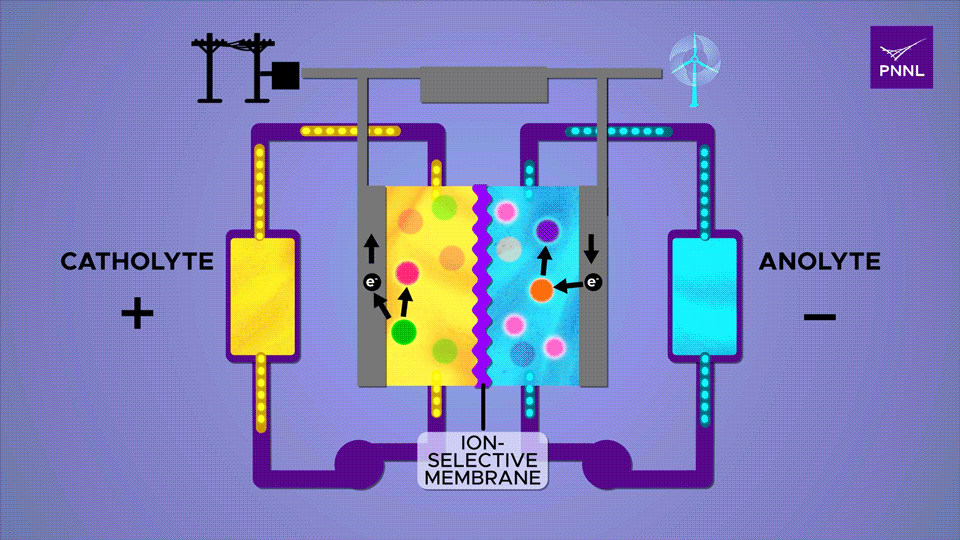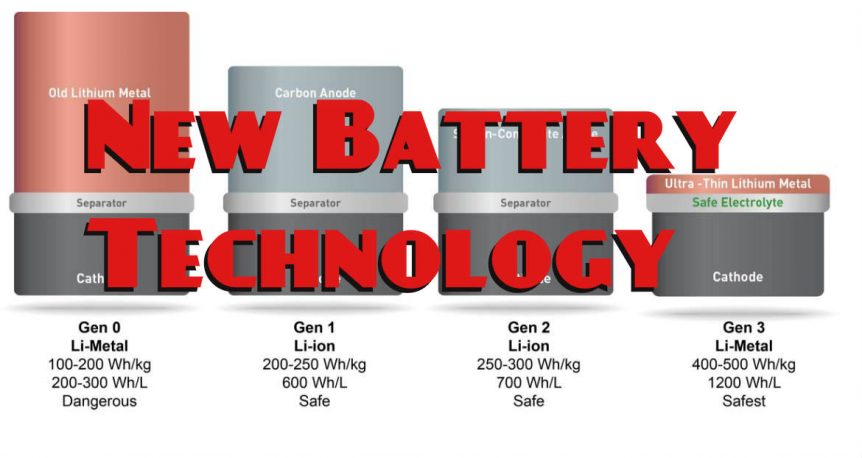Two groups of researchers in South Korea and America have added silicon and sugar as ways of gaining more energy from two different types of batteries. The 10X Battery at Last? Researchers at Pohang University of Science & Technology (POSTECH) in South Korea have developed a “layering-charged, polymer-based stable high-capacity anode material.” POSTECH professors Soojin Park (Department of Chemistry) and Youn Soo Kim (Department of Materials Science and Engineering) and Professor Jaegeon Ryu (Department of Chemical and Biomolecular Engineering) of Sogang University think their discovery could increase current electric vehicle range “at least 10-fold.” As noted in this blog many times, the idea of a 10X battery has been a matter of intense research from Yi Cui at Stanford and his research partner Jaephil Cho in South Korea, along with John Goodenough at Rice University and Jeff Dahn at Canada’s Dalhousie University – among others. Silicon and Polymeric Benders One of the bigger problems with using silicon in a battery …
Breakthrough Batteries Two Years Away?
Breakthrough Batteries: Powering the Era of Clean Electrification A paper by Charlie Bloch, James Newcomb, Samhita Shiledar, and Madeline Tyson of the Rocky Mountain Institute describing the near future of battery development predicts and accelerated pace of “the global energy transition” and the growing role of energy storage in “addressing the climate crisis.” Will these “breakthough batteries” power us into the near future? Their report* notes the economic investment and potential impacts of ongoing research, which to this editor seems minor when compared to the gravity of the ongoing climate crisis. Researchers estimate “more than $1.4 billion invested in battery technologies in the first half of 2019 alone,” less than 10 percent of the $16 billion spent in 2016 on plastic surgery. Apparently, saving the planet is not nearly as crucial as getting butt lifts and Botox wrinkle removals. Despite this, the Institute insists, “… {M}assive investments in battery manufacturing and steady advances in technology have set in motion a …
John Goodenough’s Counterintuitive Battery
A Long and Productive Life On his 96th birthday today, John Goodenough and his research team’s latest findings are the subject of much speculation. He, fellow scientist Maria Braga, and his research team have created a battery claimed to be three times as energy dense as existing lithium-ion contemporaries, but exhibiting the counterintuitive property of improving with repeated charging cycles. Goodenough’s career began in 1943 (a year after your editor was born) with the award of his bachelor’s degree in mathematics from Yale University, followed his master’s and Ph.D. in physics from the University of Chicago in 1951 and 1952 respectively. He worked at MIT and in 1976, left to become head of Oxford University’s Inorganic Chemistry Laboratory from 1976 to 1986. In 1986, he assumed the Virginia H. Cockrell Centennial Chair in Engineering at the University of Texas at Austin, at an age where most men are cashing in their 401k’s. Texas Monthly comments on the counterintuitive nature of …
Safe Rechargeable Solid State Batteries
If the man responsible for co-invention of the lithium-ion battery says he has found ways to make it better while eliminating its less desirable characteristics – we will listen. 94-year-old John Goodenough, professor in the Cockrell School of Engineering at The University of Texas at Austin, says as much. He and researchers including Maria Helena Braga, claim to have created “A low-cost all-solid-state battery that is noncombustible and has a long cycle life (battery life) with a high volumetric energy density and fast rates of charge and discharge.” Their findings can be found in the journal, Energy & Environmental Science. Non-combustibility is a big sales point for those worried about having their vape pipe vaporize their underwear, or having a flight-diverting event on their jetliner. Long cycle life will appeal to people seeing the odometer on their EV turn over in the left-most column. High volumetric energy density will lighten up the car (or airplane) and make it perform better. …




